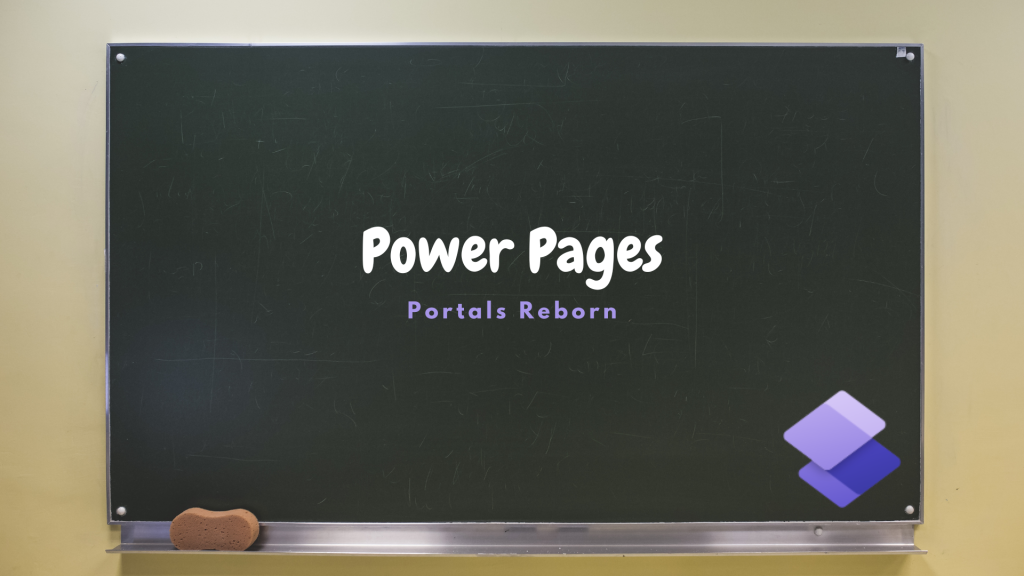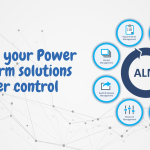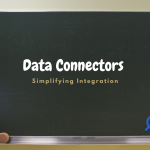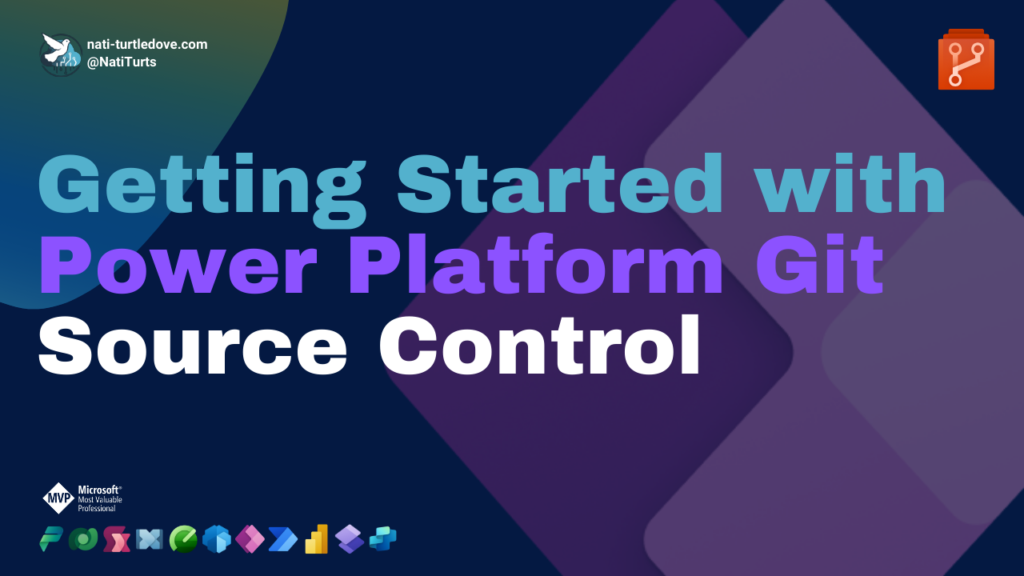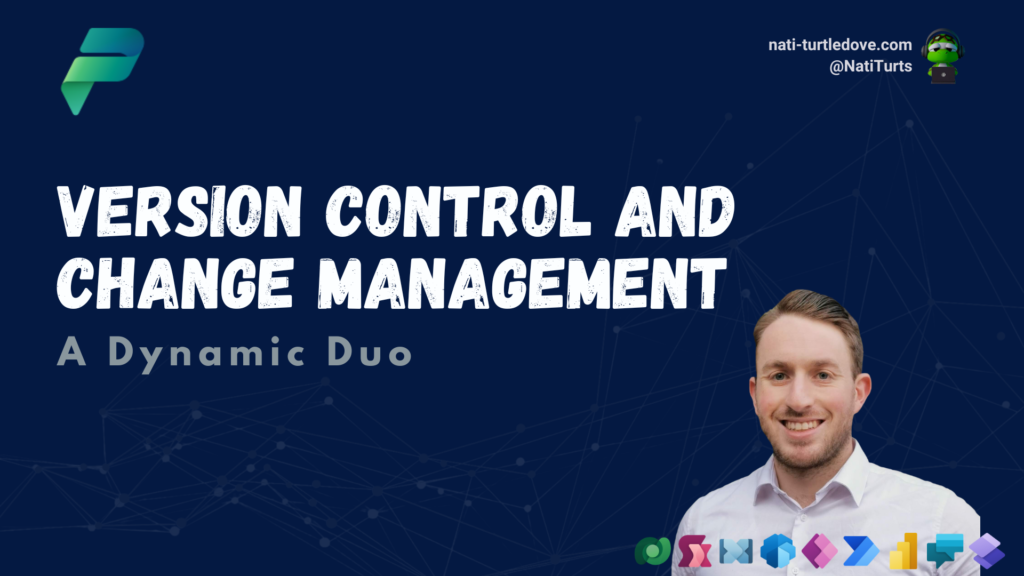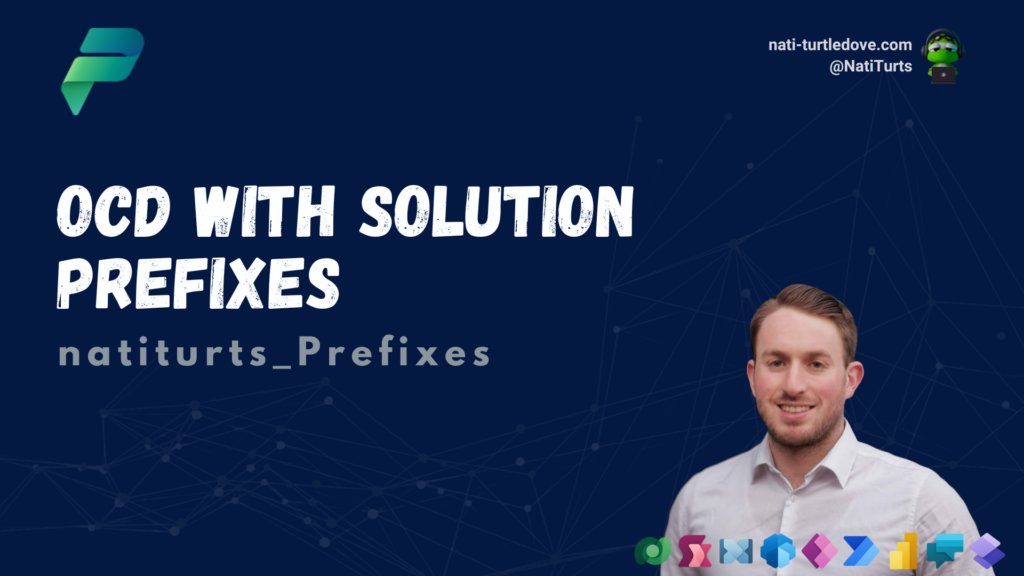What Is Power Pages
Although Power Pages is relatively new, its underlying infrastructure was built on top of Power Apps Portals. Becoming its own Power Platform product, Power Pages adopted some amazing new features and concepts making it an incredible tool to build portals and websites integrating with other Power Platform services. Power Pages aims to empower organizations to build business-centric, data-powered, modern and secure interactive sites and portals. Some extremely exciting features within Power Pages, is its ability for portal users to utilize Dataverse, but through various security assignments and identity providers. This is achieved through the ability to register/sign-in with these identify providers such as Google, Azure AD and many other 3rd party providers and associate appropriate web roles.
Learn more about Power Pages here.
Power Pages Features
Design Studio
With Power Pages simple design interface, users can begin creating secure and date driven websites in just minutes. The Design Studio offers drag-and-drop capabilities to include headers, images, reports and much more on your site. Users can also style the site with customizable themes, so portals and sites can align with company branding when needed. The force behind Power Pages is Dataverse. Users can manage Dataverse data such as Tables, Forms and business data directly through the Design Studio. Users can also render Power Pages sites to accommodate various devices such as laptops, tablets and mobiles.
Template Hub
If you are looking for a generic type of site, look no further than the Power Pages Templates Hub. Here you can create new sites based of pre-built templates and adjust them according to your requirements as needed. This proves to be incredibly useful as the building blocks have already been placed.
Pro Code
Something that is not seen too often within the Power Platform is Pro-code tools. Being that Power Pages is a website and portal product, developers can also add further functionality into sites using pro-code languages such as HTML, CSS and JavaScript (I’m not trying to get involved in the “Is HTML a coding language” drama, so please, no hate 😉). This pro-code development feature is offered through both in-browser editing and through tools such as VS Code, GitHub and Azure DevOps.
Security
Lastly, Power Pages includes intensive security models that ensures your site is secured from both a data and user level. This means you can control the visibly of your site, determining whether they are internal or external facing, as well as authenticate users accessing your site through multiple identity providers, such as AAD, Microsoft and Google. With further roles assigned to users via anonymity or authentication, Power Pages also ensures that users can only access the appropriate pages, tables and data that are assigned to them. This is achieved through Power Pages web roles.
Licensing
Power Pages is currently a preview evolution of Power Apps Portals and is using the current Power Apps Portals licensing structure. In due time, Microsoft is expected to release a new pricing structure for Power Pages as its own product.
- Power Pages Authenticated Users Plan: £150.80 per month for 100 users per site.
- Power Pages Anonymous Users Plan: £56.60 per month for 100 users per site.
- Power Pages Volume Pricing Plans: Ranging from £18.90 to £150.80 per month.
- Power Pages Pay-as-you-go Plan: £3 pm per user for authenticated and £0.20 for anonymous.
- The full pricing guide for Power Pages can be viewed here and the full pricing documentation here.

